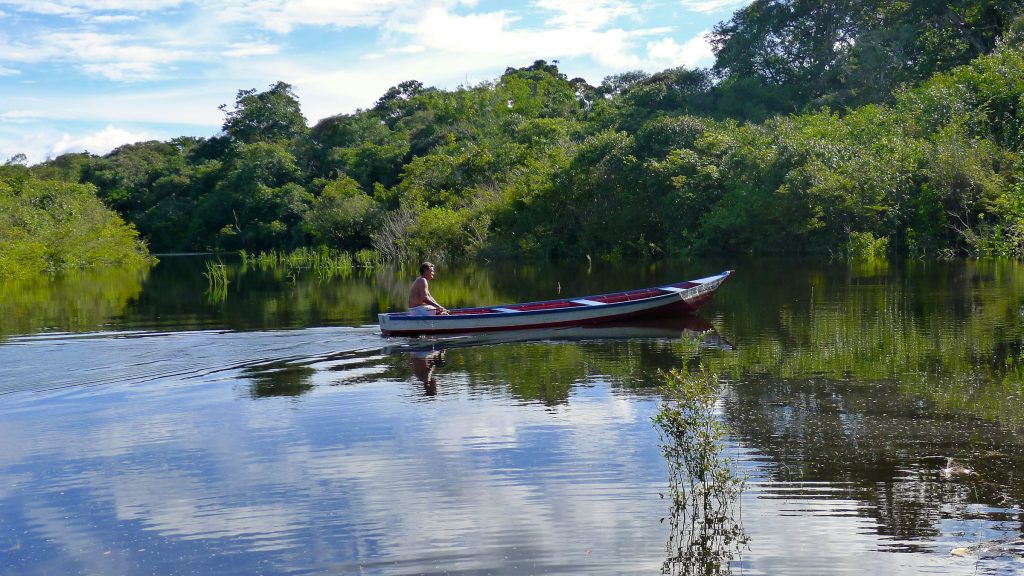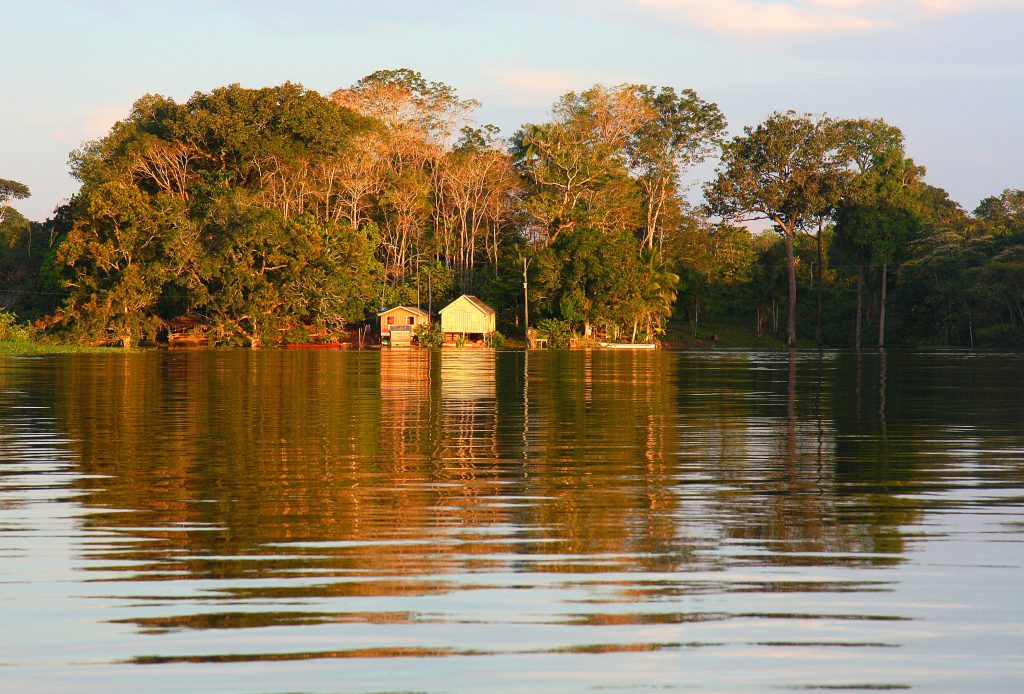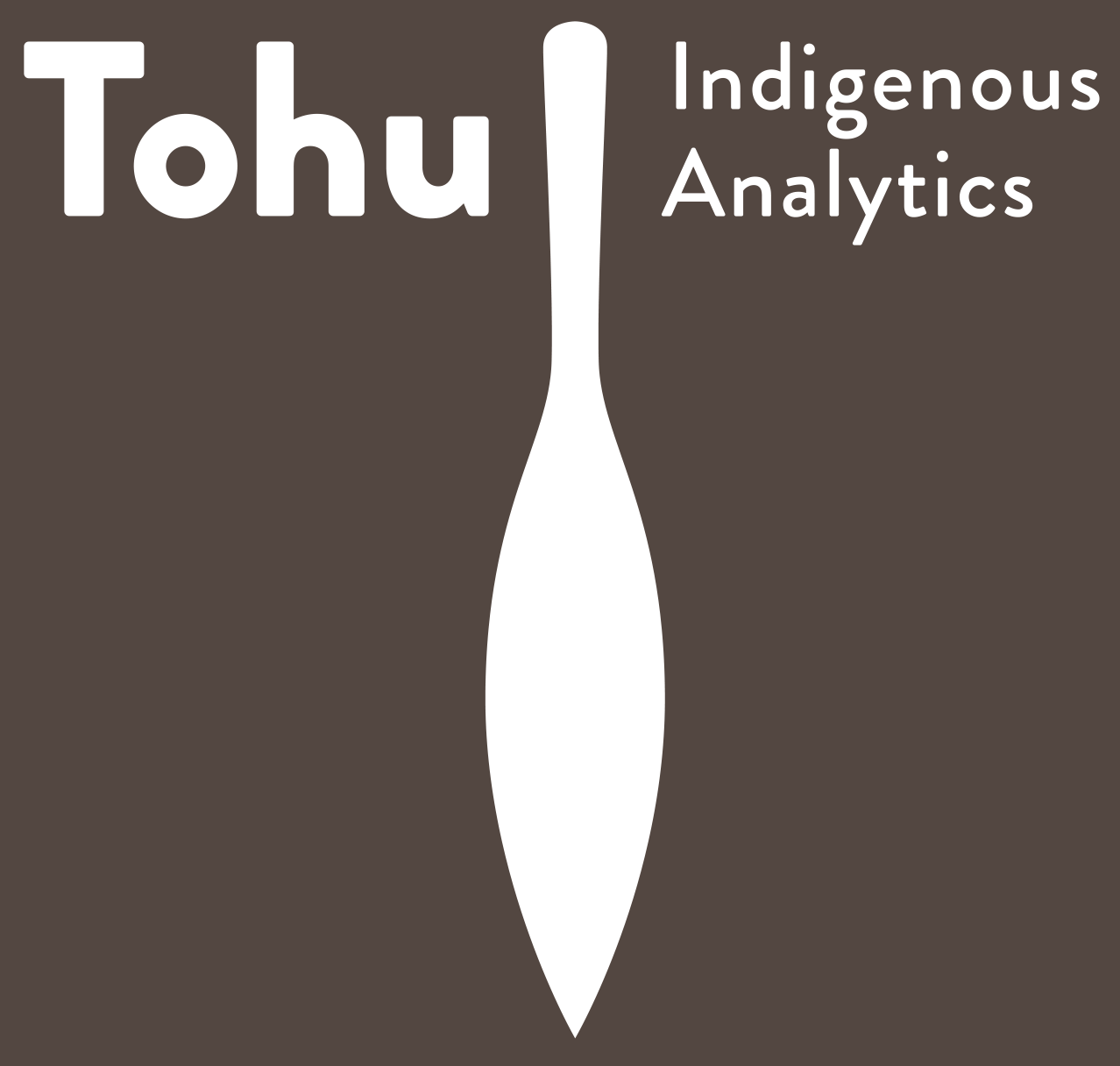Amazônia
Na Amazônia apoiamos grupos locais para que possam abordar, preparar-se, resistir e desafiar a degradação ambiental acelerada causada pela expansão da monocultura, pela pecuária e pelo desenvolvimento de infraestrutura, como barragens hidrelétricas e mineração. Esses são os principais fatores que impulsionam o desmatamento e a conversão de outras vegetações nativas importantes, como os manguezais.
We have worked with afro-descendent communities (quilombolas) in Amapá building resilient livelihoods, and with indigenous peoples from Mato Grosso, Amazonas and Pará States to support territorial sovereignty, promote local food systems and dialogue with developmental forces. We have also worked with small scale farmers (assentamentos rurais) on best practices for soils/water/forest restoration.
Our members have worked with many local communities’ associations and with organizations such as the World Wildlife Fund (WWF) as part of the Living Amazon Initiative (now closed), The Nature Conservancy (TNC), Instituto Peabiru, Operação Amazônia Antiva (OPAN) and USAid.



Acknowledging that Amazônia may be in the verge of a ‘point of no return’, maintaining its biological and cultural diversity, as well as the well-being of local population is of vital importance. Tohu has a lifelong commitment with local communities, indigenous peoples and institutions to weave practices that sustain both people and ecosystems the region, such as:
- Community mapping for territorial and environmental management
- Designing, planning and training for long-term care of local food systems
- Implementing context base, place-based climate adaptation protocols
- Supporting and promoting gender equality and women’s decision-making strategies
- Assisting communities in designing socio-environmental impact assessment frameworks based on free, prior and informed consent processes



